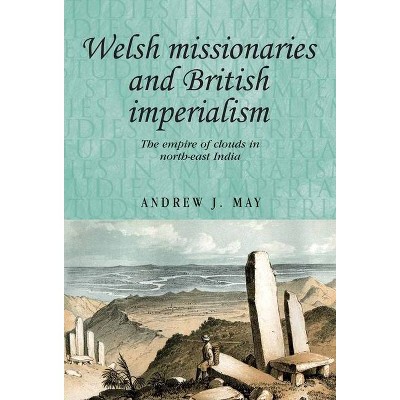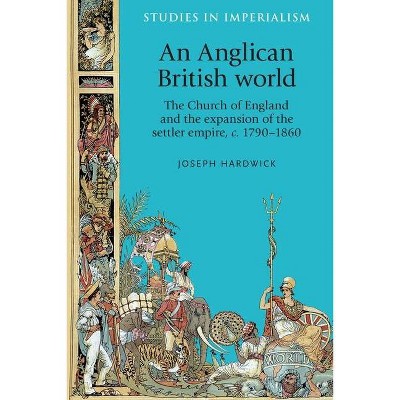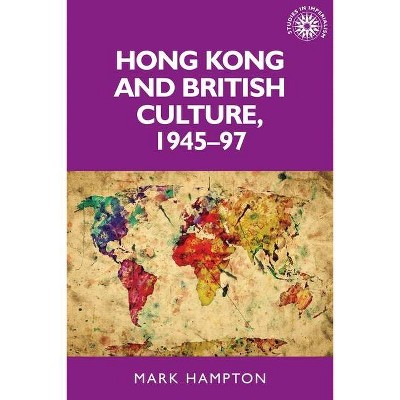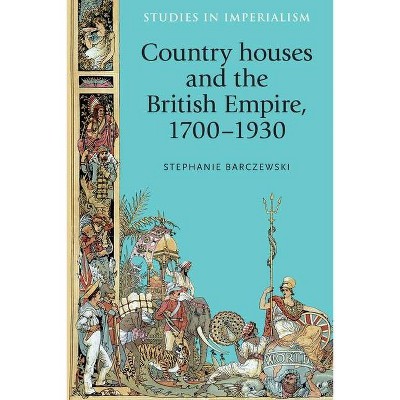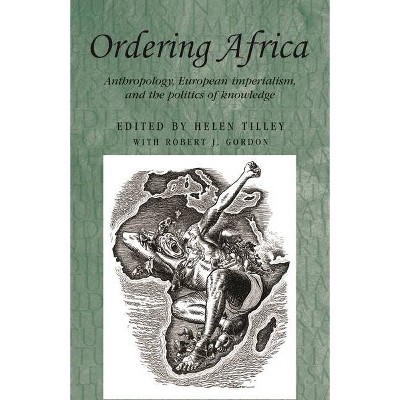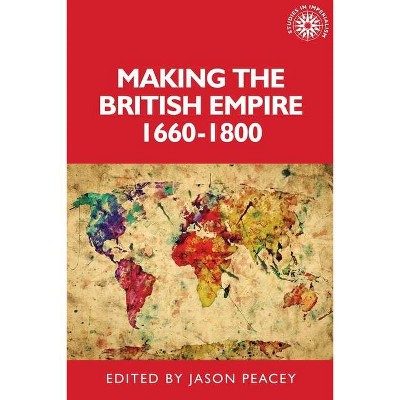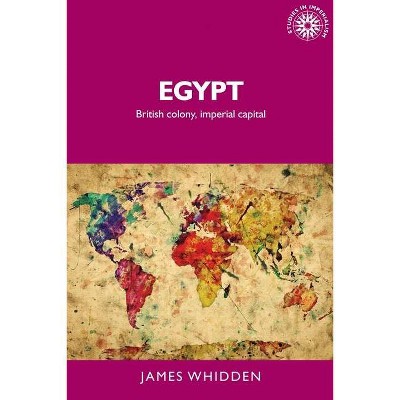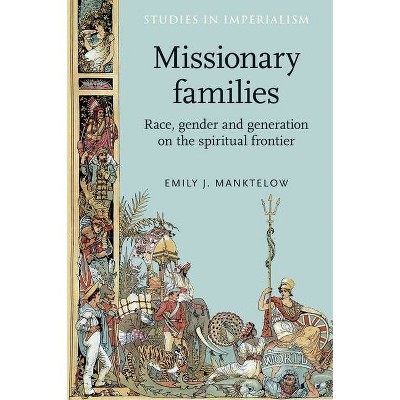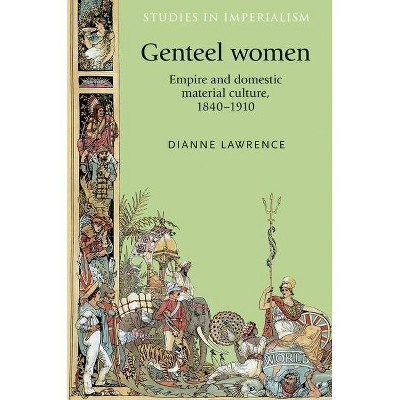Ending British Rule in Africa - (Studies in Imperialism) by Carol Polsgrove (Paperback)
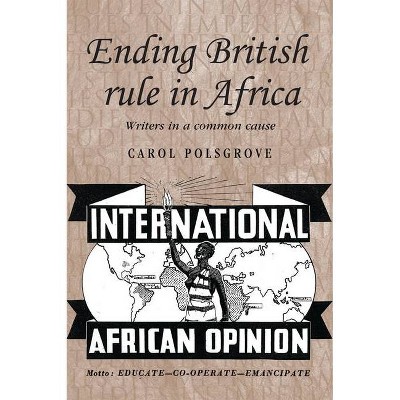
Similar Products
Products of same category from the store
AllProduct info
<p/><br></br><p><b> Book Synopsis </b></p></br></br>On the eve of World War II, a small, impoverished group of Africans and West Indians in London dared to imagine the unimaginable: the end of British rule in Africa. In books, pamphlets, and periodicals, they launched an anti-colonial campaign that used publishing as a pathway to liberation. These writers included West Indians George Padmore, C. L. R. James, and Ras Makonnen, Kenya's Jomo Kenyatta and Sierra Leone's I. T. A. Wallace Johnson. Polsgrove draws on previously unexplored manuscript and archival collections to trace the development of this publishing community from its origins in George Padmore's American and Comintern years through the independence of Ghana in the 1957. This original study will be of interest to scholars and general readers interested in social movements, diaspora studies, empire and African history, publishing history, literary history, and cultural studies.<p/><br></br><p><b> From the Back Cover </b></p></br></br>On the eve of World War II, a small, impoverished group of Africans and West Indians in London dared to imagine the unimaginable: the end of British rule in Africa. In books, pamphlets, and periodicals, they launched an anti-colonial campaign that used publishing as a pathway to liberation. These writers included West Indians George Padmore, C. L. R. James, and Ras Makonnen, Kenya's Jomo Kenyatta and Sierra Leone's I. T. A. Wallace Johnson, and they made their point: that colonial rule was oppressive and inconsistent with the democratic ideals Britain claimed at home. Ending British rule in Africa draws on previously unexplored manuscript and archival collections to trace the development of this publishing community from its origins in George Padmore's American and Comintern years through the independence of Ghana in the 1957. This original study will be of interest to scholars and general readers interested in social movements, diaspora studies, empire and African history, publishing history, literary history, and cultural studies.<p/><br></br><p><b> Review Quotes </b></p></br></br><br><br>Carol Polsgrove possesses an acute historical intelligence...Her knowledge of black politics, and of the journalistic practices in which race politics was articulated, runs deep. Her new volume, which appears under the imprint of Manchester University Press's important, lively, and ever-expanding<br>Studies in Imperialism series, takes a wider conspectus. -- Bill Schwarz, American Historical Review<p></p><br>excellent bookinvaluable. -- Reviews in History<p></p><br>a novel approach to both black British histories and the histories of anti-imperialism and pan-Africanism. -- 20th Century British History<p></p><br>provides valuable new information on the relationship between these writers, their diverging opinions, and the personal antagonisms that grew up between them over decades.As a journalist herself, Polsgrove pays attention to the practical details of relations between agents, publishers, and editors<br>- an aspect of writing that she notes is too often ignored in intellectual histories. -- The Journal of African History<p></p><br>This is a dramatic story to tell, and Polsgrove's steady hand does it justice.She demonstrates, as no one before her has done, the degree to which anticolonialism was a politics founded on the medium of the written word: the movement of cyclostyled sheets, on cheap paper, from dingy London<br>workshops to distant, tropical locales offers a suitably subaltern rendering of empire, allowing us to focus on what generally remains unseen or overly abstract. -- American Historical Review --<p></p><br>This book tirelessly traces the development of this publishing community, from its origins during the U.S. and Comintern years of Padmore up to the time of Ghana's independence, when the name of Gold Coast was changed to Ghana, on 6 March 1957. As clearly shown, this publication goes a long way<br>toward extending the knowledge of its readers, researchers, and classroom users, especially where social movements, history, diasporic studies, and other useful subject areas are concerned. It is highly recommended. -- Africa Today<p></p><br>Clearly narrated and based on an impressive range and volume of sources, this book contributes to the recent wave of research which is concerned with the transnational dimension of black movements. -- English Historical Review<p></p><br><br><p/><br></br><p><b> About the Author </b></p></br></br><br>Carol Polsgrove is Professor Emeritus at the School of Journalism, Indiana University, Bloomington.<br>
Price History
Cheapest price in the interval: 21.95 on November 8, 2021
Most expensive price in the interval: 21.95 on December 20, 2021
Price Archive shows prices from various stores, lets you see history and find the cheapest. There is no actual sale on the website. For all support, inquiry and suggestion messagescommunication@pricearchive.us
